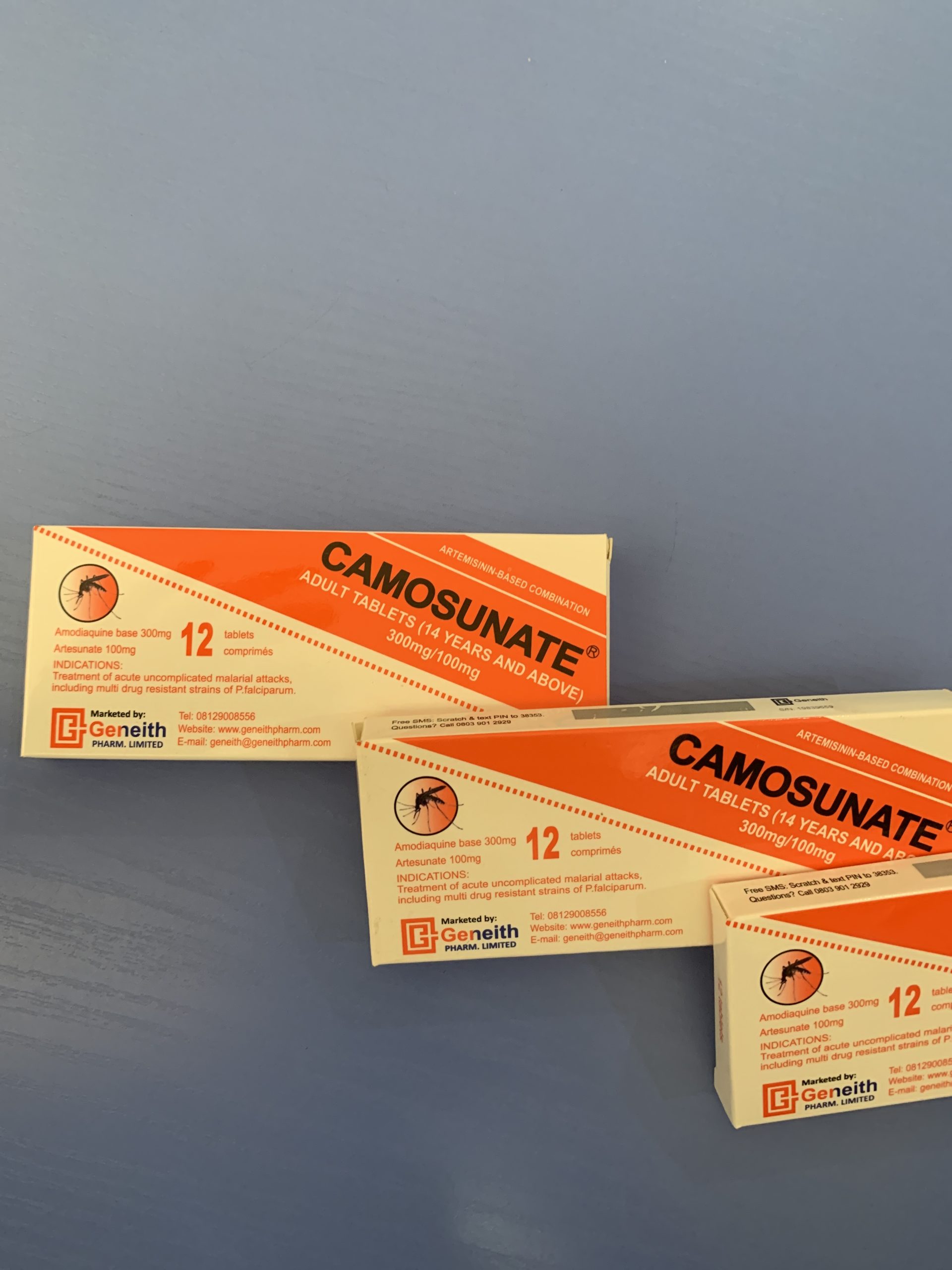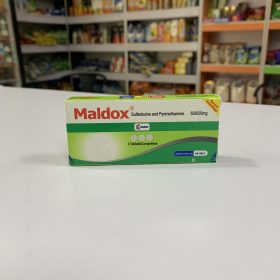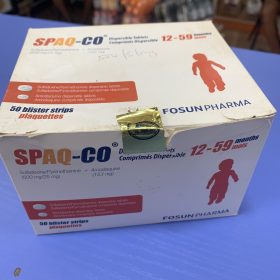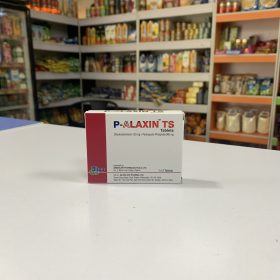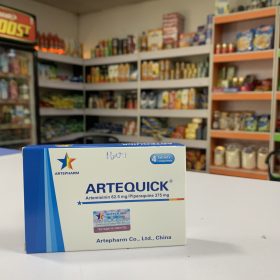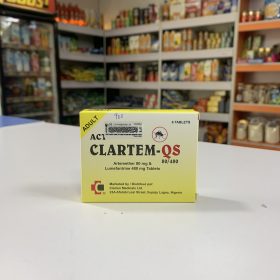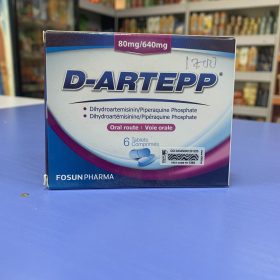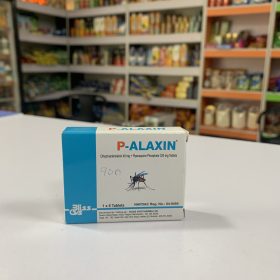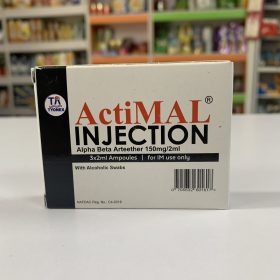- Your cart is empty
- Continue Shopping

Product
Camosunate (adult tablets)
₦0
Artemisinin-based combination therapy (ACT) is a widely used and highly effective treatment for uncomplicated malaria. ACT combines an artemisinin derivative with one or more additional antimalarial drugs to create a synergistic effect, improving the treatment’s efficacy and reducing the risk of drug resistance.
Artemisinin-based combination therapy (ACT) is a widely used and highly effective treatment for uncomplicated malaria. ACT combines an artemisinin derivative with one or more additional antimalarial drugs to create a synergistic effect, improving the treatment’s efficacy and reducing the risk of drug resistance.
The primary components of ACT typically include:
- Artemisinin Derivative: The most common artemisinin derivatives used in ACT are Artemether, Dihydroartemisinin, and Artesunate. These compounds are fast-acting and target the early stages of the malaria parasite’s life cycle.
- Additional Antimalarial Drugs: These drugs are included in the combination to complement the action of the artemisinin derivative. Common partner drugs in ACTs include Lumefantrine, Piperaquine, Amodiaquine, Sulfadoxine-Pyrimethamine, and Mefloquine, among others.
How ACT Works:
- The artemisinin component rapidly reduces the parasite load, relieving symptoms and decreasing the overall parasite population.
- The partner drug(s) in the combination eliminate the remaining parasites and help prevent the development of resistance.
Uses: ACTs are primarily used for the treatment of uncomplicated malaria, particularly infections caused by Plasmodium falciparum, the most deadly malaria parasite species.
Directions for Use:
- The choice of ACT and its specific dosing regimen will depend on factors such as the patient’s age, weight, and the regional prevalence of drug-resistant malaria strains.
- It is crucial to follow the healthcare provider’s instructions and complete the full course of treatment, even if symptoms improve before the medication is finished.
- ACTs are typically administered orally and may be taken with food to enhance absorption and reduce the risk of stomach upset.
Caution:
- ACTs should be used under the supervision and guidance of a healthcare provider.
- Inform your healthcare provider about any allergies or medical conditions you may have before starting ACT treatment.
- ACTs are generally well-tolerated, but they may cause side effects such as nausea, vomiting, and dizziness in some individuals.
- Do not use ACTs for prevention or as a substitute for other malaria prevention methods like insecticide-treated bed nets and mosquito repellents.

